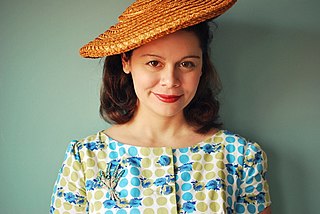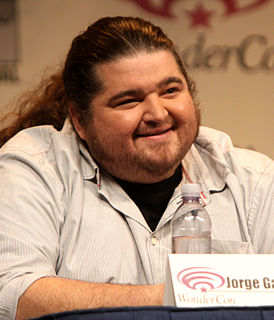A Quote by Laurie Graham
I almost always use first person voice in my novels. It has its limitations, but it gives a sense of immediacy that's hard to create with an anonymous, all-seeing narrator.
Related Quotes
Almost all of the stories in The Matchmaker, the Apprentice, and the Football Fan are told in the first person, yet, depending on the angle and distance of the narrator, they exert different effects. The best are those in which the speaker never poses as an objective outsider. (...) Other stories are damaged by the urge to distance the narrator.
When I was thinking about these women characters, no matter how bad a person I am - a bad writer, my limitations, my sexism, you know - the thought was, it would be useful as a writer to try to create a template for all the male writers, especially Dominican male writers, especially males of color, of how a writer can use seeing to create more nuanced representations of women.
I'm a huge fan of voice memos. I put down many ideas there and sometimes I even use some of those audio files in my actual recordings. You get this really raw energy from voice memos that you can't get when you sit down in a studio with a microphone. There's this sense of immediacy, which I'm really drawn to.
When I read to children, I try to become the characters. It's great if you can make a separate voice for each character. Sometimes you can lower your voice with excitement or get more intimate about it: you can lean forward and engage the children as a narrator or as a reader. It's particularly important that you find the voice that you want to use for each character, because then children can imagine that person as you're reading aloud. And of course, the illustrations help enormously.

































